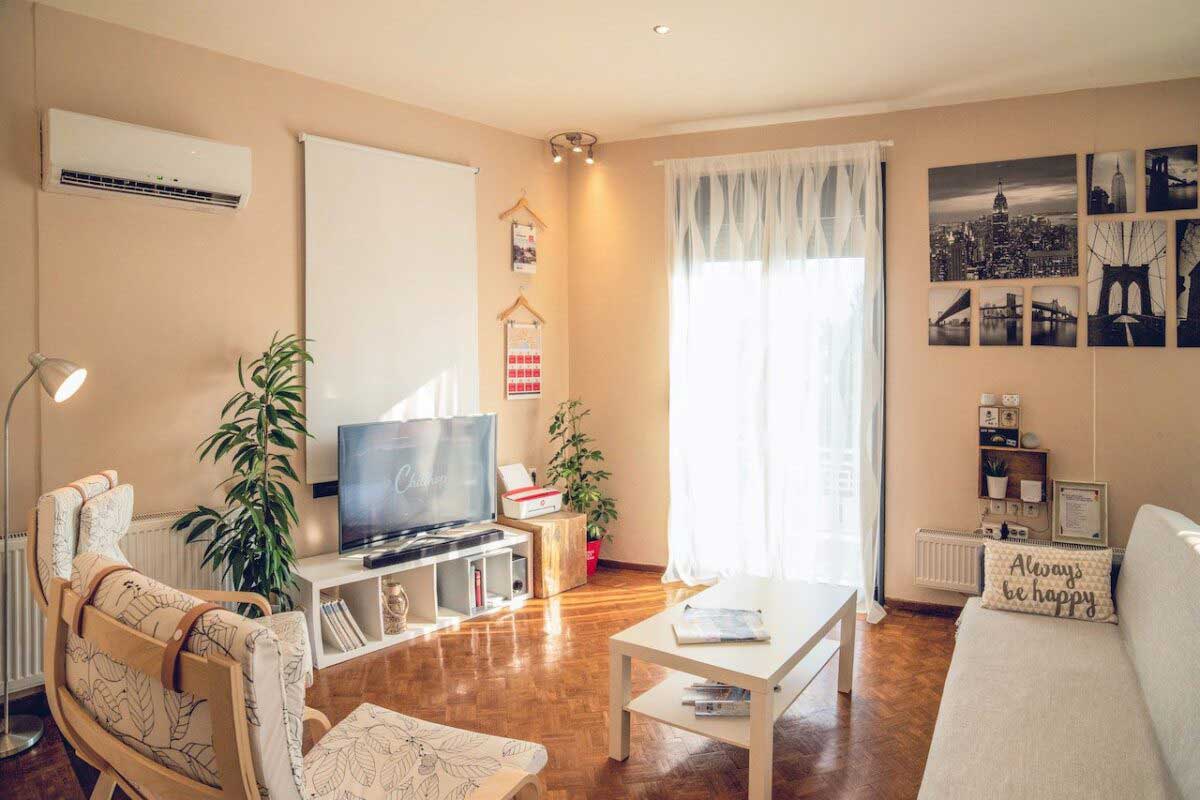What are your legal rights for a short-term rental?
So, you’re going on a well-deserved weekend away and you’ve booked an Airbnb accommodation. But what is the legal status of your rental? Occupying a property for 2 days, or a week or even a month is very different to the six or twelve month lease you have at home. Pertinently, you won’t have signed a residential tenancy agreement and you are therefore not protected by the rights stemming from residential tenancy legislation in your jurisdiction.
Moreover, one of the legal elements required to establish a lease, is exclusive possession of the premises. Your accommodation may even be a shared property with the owner who is renting out a room or separate part of the property which doesn’t even provide you with the right to describe your accommodation as a tenancy.
Previously, the legal status of these types of occupation, would therefore have more closely aligned with a licence to occupy property. This created the dilemma that you may be at the liberty of the standard terms and conditions of your booking provider, and any additional terms created by the owner of the property, none of which provided you with any certain legal recourse.
The Code of Conduct for the short term rental accommodation industry
In an attempt to help assist all parties in the short-term rental accommodation sphere, NSW Fair Trading has developed a regulatory Code of Conduct, the ‘Code of Conduct for the short term rental accommodation industry,’ which imposes rights and obligations on all the relevant parties in these forms of transactions. The Code was introduced in May 2021 to help bring a greater level of certainty and understanding to short term rental legalities. The Code also has enforcement through the Fair Trading Act 1987 (NSW) which enforces contraventions of the Code with civil penalties.
The important matters to consider when determining whether your accommodation arrangement is protected by the Code are:
- The Code applies to commercial arrangements for occupation of residential premises for less than three months.
- The regulations provide that there are certain types of accommodation which are excluded, including hotels, motels, backpacker’s accommodation, holiday parks, boarding houses, disability accommodation, and accommodation provided by the Department of Communities and Justice.
- The Code applies to booking platforms, letting agents, hosts, guests and facilitators.
- The Commissioner will determine a compliant on the balance of probabilities.
- Disciplinary actions can range from warnings and directions, to recording of strikes and the exclusion register, and civil penalties.
The lawyers at Foulsham & Geddes are here to help advise you with anything relating to short term rentals, or any other property issue.

